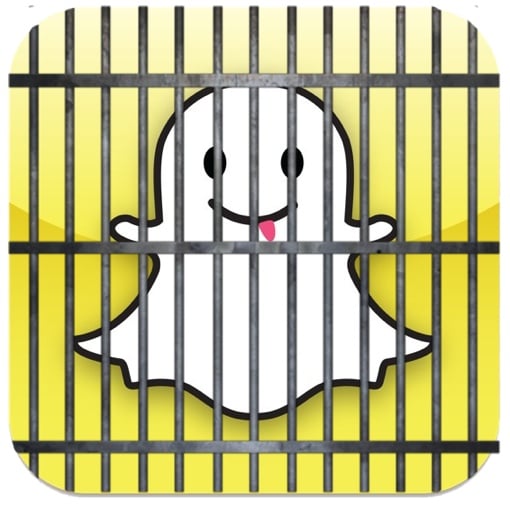 One reason why the Snapchat messaging app has become so popular with teens and adults alike is its ephemeral nature – once a picture has been sent and viewed by the recipient, its supposedly deleted forever. That’s the way it’s supposed to work, anyway. But this weekend, hackers leaked over 200,000 saved Snapchat images and videos onto a torrent site. Many of the photos are explicit, and plenty of the victims involved are of under age.
One reason why the Snapchat messaging app has become so popular with teens and adults alike is its ephemeral nature – once a picture has been sent and viewed by the recipient, its supposedly deleted forever. That’s the way it’s supposed to work, anyway. But this weekend, hackers leaked over 200,000 saved Snapchat images and videos onto a torrent site. Many of the photos are explicit, and plenty of the victims involved are of under age.
The security breach, being dubbed “The Snappening,” did not happen through Snapchat itself. Instead, it happened through a third-party website called Snapsaved that automatically saves Snapchat photos and videos when the recipient views them. Snapsaved is designed to work behind the scenes in secret – if someone has used it to save one of your Snapschats, you’d have no way of knowing. It’s a sketchy service to be sure.
Snapchat was quick to release a statement on its official blog denying responsibility in the leak. “Snapchatters were victimized by their use of third-party apps to send and receive Snaps, a practice that we expressly prohibit in our Terms of Use precisely because they compromise our users’ security,” it reads. “We vigilantly monitor the App Store and Google Play for illegal third-party apps and have succeeded in getting many of these removed.”
The fact that Snapchat’s servers haven’t been hacked is almost irrelevant, though. If you or your family has used the Snapchat app recently, your privacy is already at risk. There have always been sneaky ways for people to get around Snapchat’s delete timers, from taking screenshots to using an automated service like Snapsaved. Permanently deleted photos is a promise that Snapchat is simply not designed to deliver.
Parents should make sure that kids understand the potential consequences of apps like Snapchat. It's OK to use the app for fun, but don't trust it with any kind of sensitive content. As we’ve discussed before here on Techlicious, once you’ve sent a digital photo to someone else, you lose all control over who else gets to see that picture. The next Snap you send could one day wind up viewable by the whole world online.
















